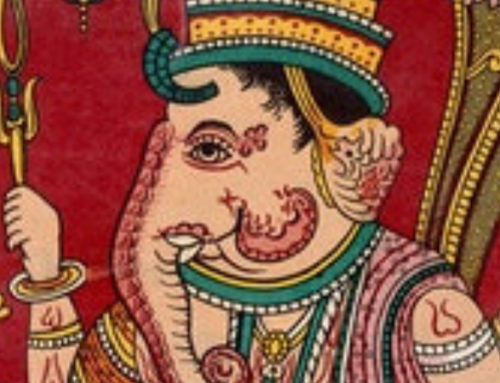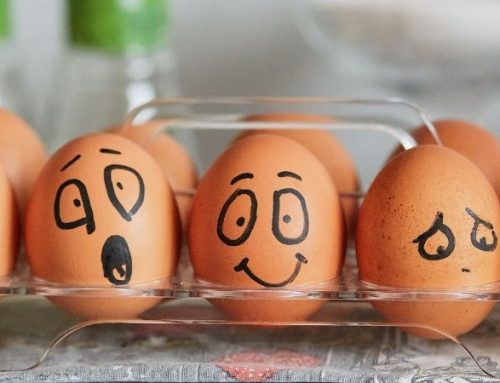How Do You Talk to Yourself?
Toronto, the first stop on my current lecture tour, is a city I have long frequented, in the past few years as the guest of Andrea Olivera. When you are next in “the Six” treat yourself to a treatment at her spa, where I lectured on May 10th.
Though I first met Andrea more than thirty years ago, I began to spend more time in her company after she started to host the satsangas of Shri Krishan Lal Mantri, whom I revere as my Jyotisha guru. Mantriji sadly departed this world just over two years ago, but his lessons live on. One of the most valuable of these for me is a message that he never tired of conveying to anyone who was listening: Your thoughts are always wrong; change your thoughts.
This is a sad certainty in our reality: even the truest truth becomes corrupted when expressed, even to oneself, for language itself flaws all articulations however accurate. No matter how “right” your thoughts may appear and feel to you and others, there will always be some element, however small, of wrongness within them. No perception is perfect, as all emerge from a perspective. Most of us cling desperately to our favored, familiar points of view, and the more we cling, the deeper the neurological rut that we create within us. The deeper the rut, the more likely that we will keep falling into that line of thinking, and the less likely that we will be able to shift our outlook to reflect shifts in the conditions that surround us.
Hence the power of positive thinking, perhaps most famously espoused by the influential Émile Coué. Even Vimalananda would sometimes prescribe Coué’s ‘mantra’ to a petitioner: “Every day, in every way, I’m getting better and better”. His purpose was to get people to shift their personal stories from repeated self-negative comments to an openness for improvement. The phrase is superior in the original French: Tous les jours à tous points de vue je vais de mieux en mieux, a more literal translation of which would be, “On all days, from all points of view, I go from better to better.”
Coué, who never thought of himself as a healer, maintained that permanent cures for many of our troubles requires a bigger change in our unconscious thoughts than by attempting to change ourselves by willing ourselves consciously to do so. Here’s a modern example from a Christian preacherthat can IMO be applied to anyone of any faith.
Blessed is the person who walks in the light of the Love of the Supreme!


